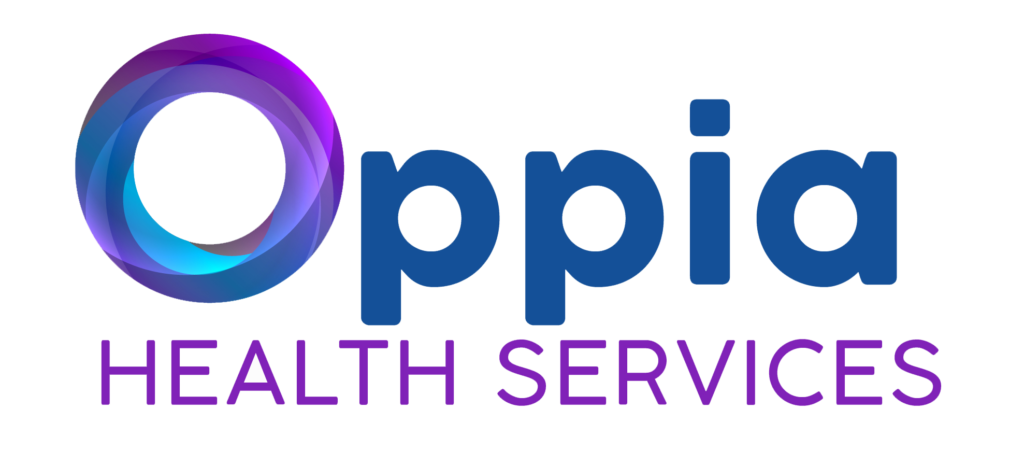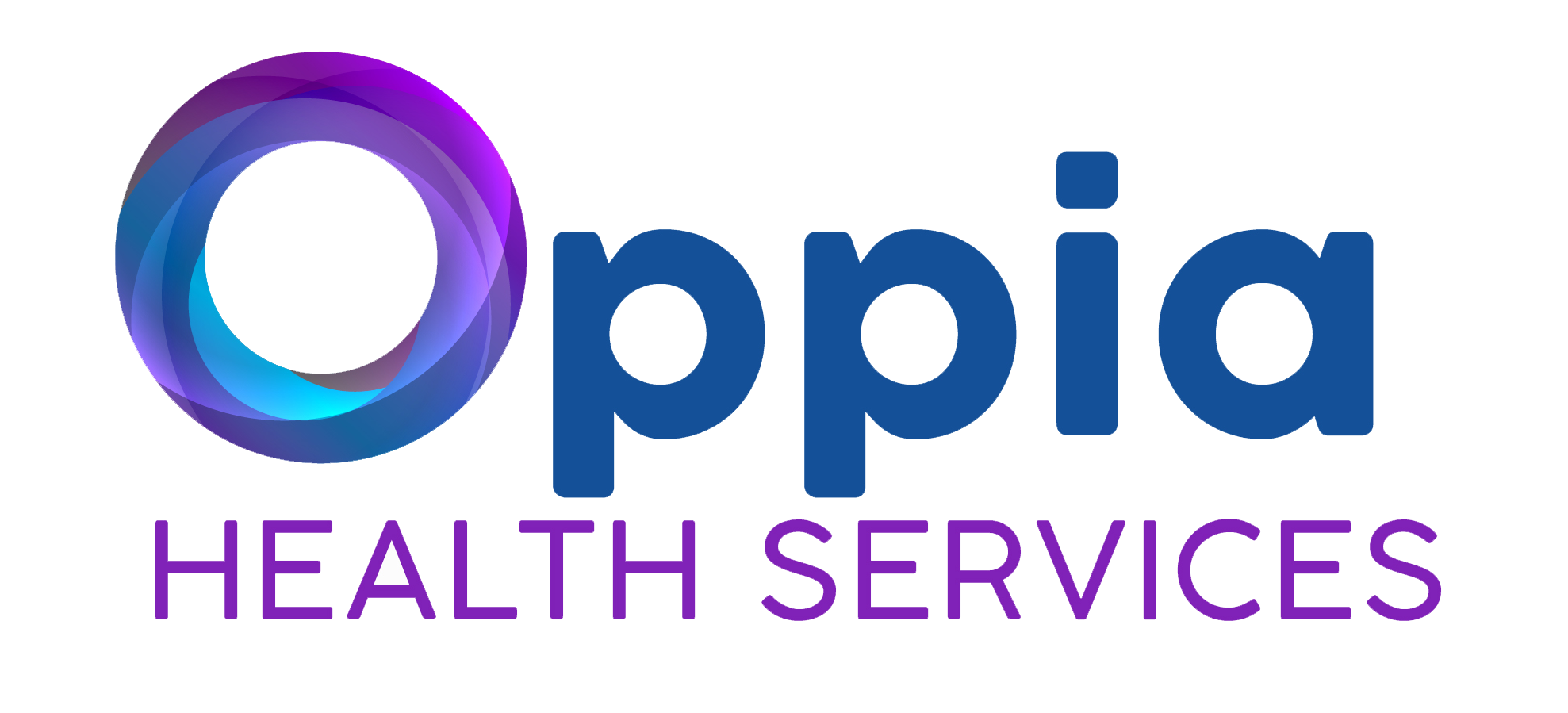- Forging Ahead: Expert education news consult insights to transform student success and redefine learning landscapes.
- The Growing Importance of Data-Driven Decision Making in Education
- The Role of Technology in Transforming Learning Experiences
- Addressing the Digital Divide
- The Evolving Role of Educators in a Digital Age
- Fostering Innovation in Teaching Practices
- The Future of Education: Trends and Predictions
Forging Ahead: Expert education news consult insights to transform student success and redefine learning landscapes.
The landscape of learning is perpetually evolving, driven by technological advancements, shifting pedagogical approaches, and a growing demand for skilled professionals. Staying abreast of these changes requires a commitment to continuous learning, not just for students, but also for educators and administrators. This is where comprehensive education news consult services become invaluable, offering expert insights and strategic guidance to navigate the complexities of the modern educational system. These services aren’t just about reporting on trends; they’re about understanding the implications, forecasting future needs, and equipping institutions with the tools to thrive.
The Growing Importance of Data-Driven Decision Making in Education
Historically, educational decisions were often based on tradition or anecdotal evidence. However, the availability of vast amounts of data—from student performance to resource allocation—is rapidly changing this paradigm. Institutions are now able to analyze trends, identify areas for improvement, and personalize learning experiences in ways that were previously unimaginable. Effective education news consult services help institutions interpret this data, translating raw numbers into actionable strategies. This means more than just identifying struggling students; it also involves understanding why they’re struggling and implementing targeted interventions.
The shift towards data-driven decision-making isn’t without its challenges. Data privacy concerns, the need for robust data infrastructure, and the lack of data literacy among educators are significant obstacles. A skilled consultant can assist with navigating these challenges, ensuring that data is used ethically and effectively while adhering to regulatory requirements. This proactive approach minimizes risks and maximizes the benefits of data analytics.
Here’s a comparison of traditional versus data-driven approaches to education:
| Decision Making | Based on experience and intuition | Based on data analysis and evidence |
| Resource Allocation | Equal distribution or historical patterns | Targeted allocation based on need and impact |
| Student Support | Generalized interventions | Personalized learning plans and targeted support |
| Curriculum Design | Standardized curriculum | Adaptive curriculum based on student performance |
The Role of Technology in Transforming Learning Experiences
Technology has become an indispensable part of the educational landscape, offering innovative tools and platforms that enhance teaching and learning. From online learning management systems to interactive whiteboards and virtual reality simulations, technology has the potential to revolutionize the way students engage with content. However, simply introducing technology into the classroom isn’t enough. Schools need a clear vision for how technology will be integrated to improve student outcomes.
Education news consult experts can play a critical role in helping institutions develop and implement effective technology strategies. This includes evaluating different technologies, providing professional development for teachers, and ensuring that technology is accessible to all students. It also means addressing issues such as digital equity, ensuring that all students have access to the devices and internet connectivity they need to succeed. Integrating robust cybersecurity measures is another crucial aspect to consider.
Here are some ways technology is being used to enhance the learning experience:
- Personalized learning platforms: Tailoring curriculum to individual student needs.
- Gamification: Incorporating game-like elements to increase student engagement.
- Virtual and augmented reality: Providing immersive learning experiences.
- Online learning: Expanding access to education and offering flexible learning options.
Addressing the Digital Divide
Despite the many benefits of technology, the digital divide remains a significant challenge. Students from low-income families or rural areas may lack access to the devices and internet connectivity they need to participate fully in online learning. A forward-thinking strategy must prioritize equitable access to technology, providing resources and support to students who need it most. This may involve providing laptops or tablets, offering free or low-cost internet access, and providing training for parents and caregivers.
Closing the digital divide isn’t just about providing hardware and internet access; it’s also about providing digital literacy training. Students need to be able to critically evaluate online information, protect their privacy, and use technology effectively for learning. Education news consult firms often offer training programs to address this need, empowering students and educators alike with the skills they need to thrive in the digital age.
The Evolving Role of Educators in a Digital Age
The role of the educator is evolving rapidly in response to technological advancements and changing student needs. Teachers are no longer simply lecturers; they are facilitators, mentors, and guides, helping students navigate the vast amount of information available to them. This requires a shift in pedagogical approaches, emphasizing critical thinking, problem-solving, and collaboration. Effective educators are those who can adapt to these changes and embrace new technologies.
Professional development is essential for equipping educators with the skills and knowledge they need to succeed in the digital age. Education news consult services can provide customized training programs that address the specific needs of schools and institutions. This includes training on new technologies, pedagogical approaches, and data analytics. Furthermore, providing peer-to-peer learning opportunities allows educators to share best practices and support each other’s growth.
Here are some key skills that educators need to thrive in the digital age:
- Digital literacy: The ability to use technology effectively.
- Data analysis: The ability to interpret data and use it to inform instruction.
- Personalized learning: The ability to tailor instruction to individual student needs.
- Collaboration: The ability to work effectively with colleagues and stakeholders.
Fostering Innovation in Teaching Practices
Encouraging innovation in teaching practices is crucial for preparing students for the challenges of the 21st century. This requires creating a culture of experimentation and risk-taking, where teachers feel empowered to try new things without fear of failure. Institutions should also provide resources and support for teachers who are developing innovative teaching methods. Education news consult can help to facilitate this process by providing access to best practices and new methodologies.
Creating a supportive culture of innovation involves several key elements including: providing dedicated time for professional learning, encouraging teachers to collaborate with one another, providing mentorship and coaching opportunities, and recognizing and rewarding innovative teaching practices.
The Future of Education: Trends and Predictions
The future of education is likely to be characterized by continued technological advancements, a growing emphasis on personalized learning, and a greater focus on skills-based education. Micro-credentials, competency-based learning, and alternative pathways to graduation are becoming increasingly common. This shift reflects a recognition that traditional degree programs aren’t always the best way to prepare students for the demands of the modern workforce.
Education news consult firms play a vital role in identifying and analyzing these trends, providing institutions with the insights they need to adapt and prepare for the future. This includes forecasting future skill demands, identifying emerging technologies, and helping institutions develop strategic plans to align with these changes. Proactive planning is essential for ensuring that institutions remain relevant and competitive in a rapidly changing world.
Here’s a list of projected changes in educational spending, derived from recent economic forecasts:
| Early Childhood Education | 7.5% |
| K-12 Education | 5.2% |
| Higher Education | 3.8% |
| Adult Education | 9.1% |
Ultimately, navigating the complexities of modern education requires a commitment to continuous improvement, informed decision-making, and a willingness to embrace change. By leveraging the expertise of education news consult services, institutions can create learning environments that empower students to succeed and shape the future.


